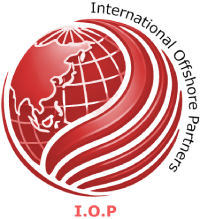Vietnam-Singapore Double Taxation Agreement

Vietnam-Singapore Double Taxation Agreement
The Double Taxation Avoidance Agreement between Vietnam and Singapore was signed on March 2, 1994, and took effect on September 9, 1994. The main goal of this agreement is to prevent double taxation on the same income in both countries while preventing tax evasion.
Scope of Application: The agreement applies to income taxes in both Vietnam and Singapore. Specifically, in Vietnam, it covers personal income tax and corporate income tax. In Singapore, it applies to income tax.
Key Principles:
- Taxing Rights: The agreement clearly defines the taxation rights over different types of income, such as income from business, interest, dividends, royalties, and real estate income.
- Elimination of Double Taxation: To avoid double taxation, the agreement provides methods such as tax exemption or tax credits for taxes paid in the other country. For example, if a Vietnamese company earns income from Singapore and has paid taxes in Singapore, Vietnam allows a deduction of the taxes paid in Singapore against the taxes payable in Vietnam.
Benefits for Businesses and Individuals:
- Avoidance of Double Taxation: It helps businesses and individuals doing business or investing in both countries avoid being taxed twice on the same income.
- Enhanced Economic Cooperation: The agreement facilitates bilateral trade and investment between Vietnam and Singapore.
- Investor Protection: It ensures investors’ rights by clearly defining tax obligations in each country.
Note: To apply the benefits of the agreement, businesses and individuals must comply with the procedural and documentation requirements as guided by the tax authorities in each country. Understanding and adhering to the agreement will help optimize benefits and ensure compliance with tax laws.











